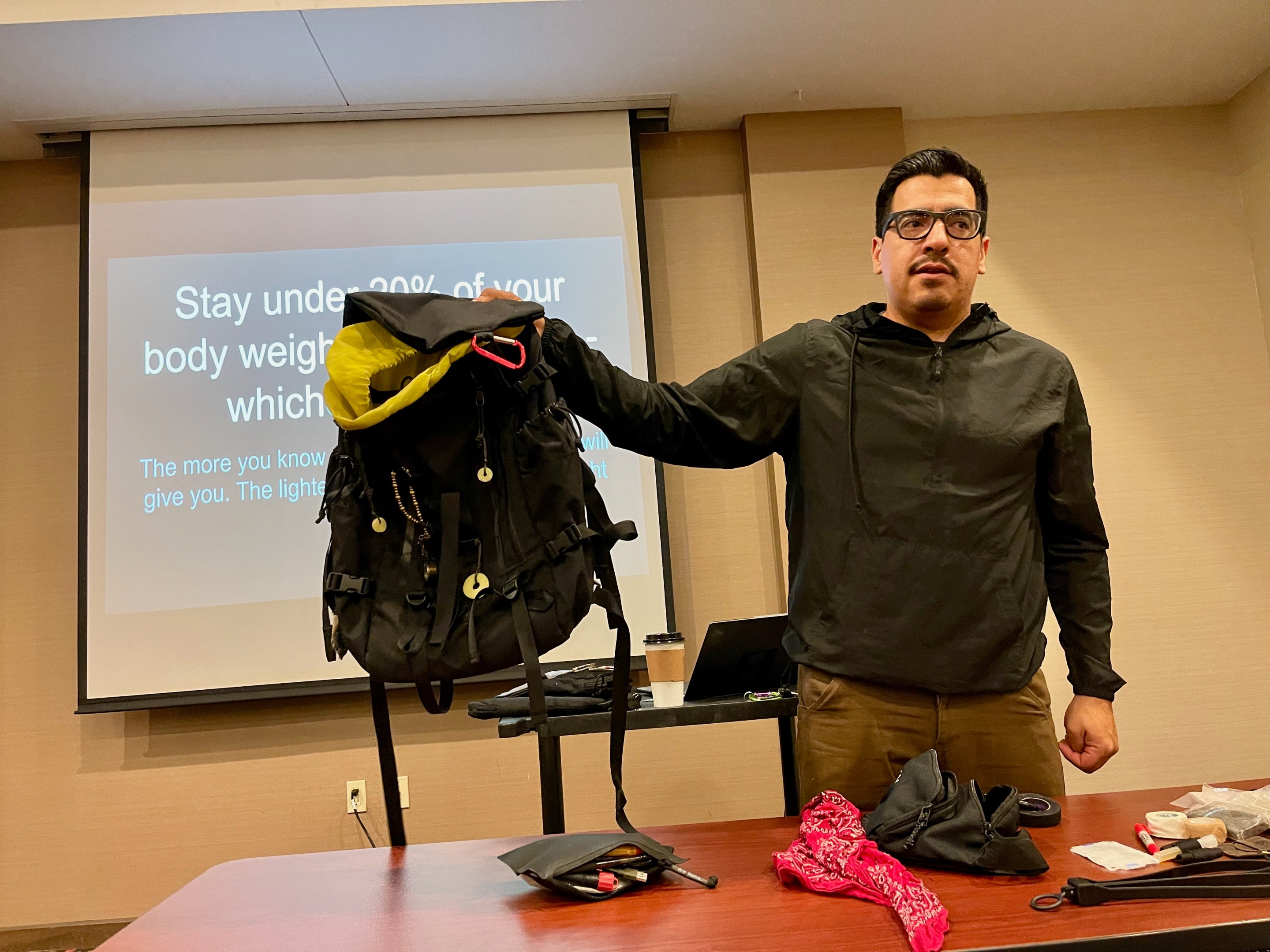Former Tijuanense police officer Ed Calderón has witnessed kidnappings, the torture techniques of criminals, and the execution of “snitches.” Still, he says Tijuana is safe to visit—it's just a matter of doing your research and having common sense.
We’ve all done it; Googling “Is insert travel destination safe?” And when searching on the internet if Mexico is safe, crime news articles dominate our browsers in a matter of seconds–painting the single-sided narrative that Mexico is some sort of horror oasis. But, according to the U.S. Department of State, travel advisories vary by region, meaning some areas are safe to travel to and others are not—just like in all parts of the world.
The perception of danger and safety is full of nuances on both sides. Many locals in Mexico, in specific, are actually afraid of coming to the U.S. I mean, have you seen our mass shooting rates? And would you strip your American identity down to (what feels like almost weekly) the massacres of innocent kids and civilians? Probably not.
Mexico deserves that same dignity, even if your biased social feeds say otherwise.
When it comes to the topic of safety in Mexico, our internet sources deceive us at first glance—failing to feed our searches with digestible news that exemplifies the livelihood and intricacies of Mexican destinations.“Mexico is a beautiful part of the world; just like any desert oasis, there are always predators around,” Calderón says.
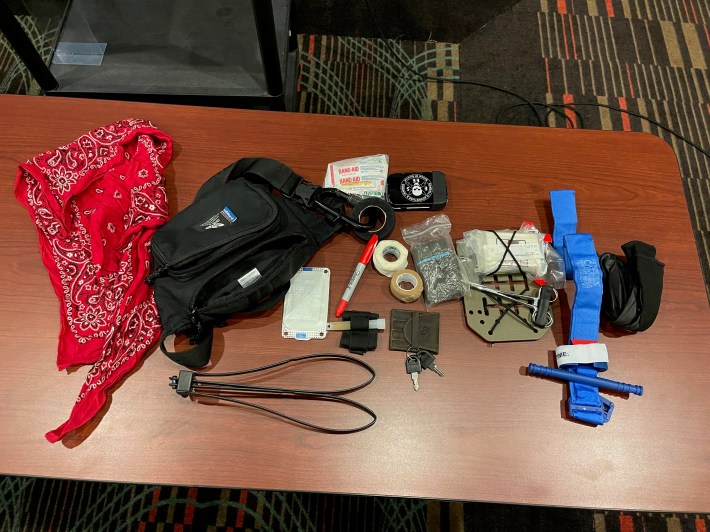
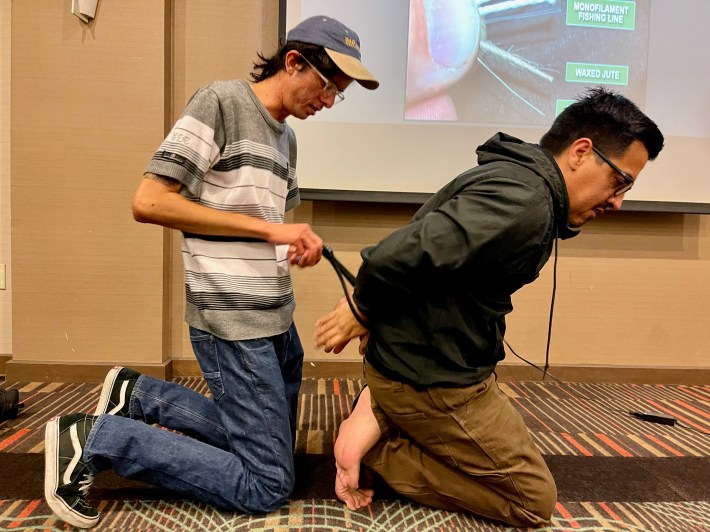
Having gained extensive knowledge in organized crime, Calderón desired to use it for good–although he was once tempted with a lot of money. He refused to give in. Calderón has even survived an attempted hit, forcing him to eventually move to the States. Now, the combative instructor consults top security agents in the U.S. and provides self-defense training to the most vulnerable; women, tribes, and children. The native Tijuanense also has his own podcast where he “talks about the good, the bad, and the ugly straight from Tijuana.”
If you wonder if it's safe to visit Tijuana, the answer is “yes,” says Calderón.
“The danger specifically lies in Tijuana if you are a very rich businessman here, if you have liquid wealth, if you deal drugs… and if you think you are in a place where social posturing is acceptable and doing any of the things that alpha males do in the U.S. from pushing somebody in the bar or trying to get in a fist fight you will be in trouble.
If you try any of that stuff here, good luck you will probably die,” Calderón explained. “I’ve been involved in investigations related to the drugging of Americans in Mexico, specifically in resort communities and most of them if not all of them involve other Americans doing the drugging’s. Americans think they can get away with it here.” o
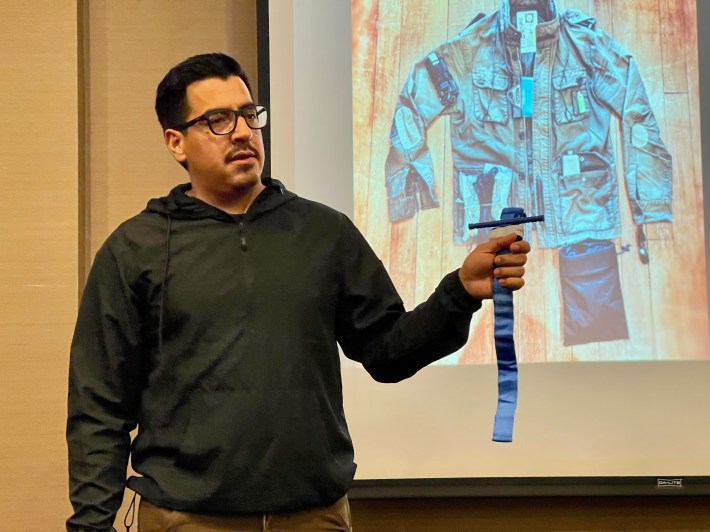
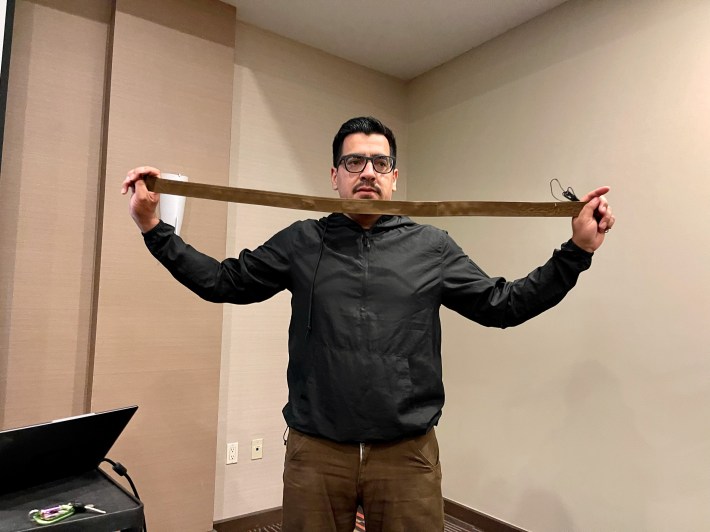
Calderón advises approaching any kind of travel "like an astronaut," prioritizing your essentials, precautionary measures, and ensuring safety through preparation.
Below are some of Calderón’s tips when traveling not only to Mexico but to other parts of the world:
- Visit the location virtually using google tag locations to see what is considered “normal.” If you are looking to rent a car, looking for things such as what kind of cars are common in the area is a good move. Looking to see who walks in the streets and the kind of clothing locals wear can be key observations. All these elements are key if you do not want to stand out and know what is the “norm.”
- Get a travel phone and only have limited personal information. Refurbished phones on eBay and Google phones are best.
- Have a pre-paid debit card.
- Know the uniform of the local police and armed forces (in whatever country you’re in).
- Be familiar with the local sports team. Wearing a specific sports jersey can indicate you are a local and probably get you “lots of free drinks and smiles” from locals.
- Know the derogatory terms relating to race, ethnicity, nationality and sexual orientation. Knowing what “Este pin**e gringo” means might indicate it is best for you to remove yourself from a situation.
- Know the slang words for weapons and words for “abduction.”
- Specific safety tip if you are in Mexico and someone with bad intentions confronts you: Start reciting the bible or a prayer. In Calderón’s experience, even someone with bad intentions is more likely to respect that.
- Look beyond the line of eyesight in public spaces.
- Do not try any alpha-male or female tactics such as shoving, intimidating or fighting at the bar or public space.
- Know your exits.
- Always try to travel in a pair or small group.
No matter where you visit in the world, Mexico, Canada, Argentina, Italy–dangers will always be present. After reading through each country mentioned, think about what you first thought of and why. Perception is not reality. Don’t assume your “normal” is someone else's normal. And to create the baseline of normal outside of one's country means taking on the responsibility to conduct research beyond a Google search or AI-generated answer. Familiarize yourself with the people, the culture, and the “Do’s and “Don’ts” of a particular country.
Safe travels, and remember to always enjoy the tacos.
Editor's Note: Watch our Tijuana Taco Safari series on Youtube with Ed's Manifesto to find out where some of Tijuana's best tacos are.
This story is part of TIJUANA WEEK at L.A. TACO! A collaboration with Professors Amara Aguilar, Laura Castañeda, and USC Annenberg School for Communication and Journalism. Make sure to check back daily for more stories. A printable L.A. TACO Pocket Travel Guide to Tijuana will drop later this week so keep an eye out for that soon.
